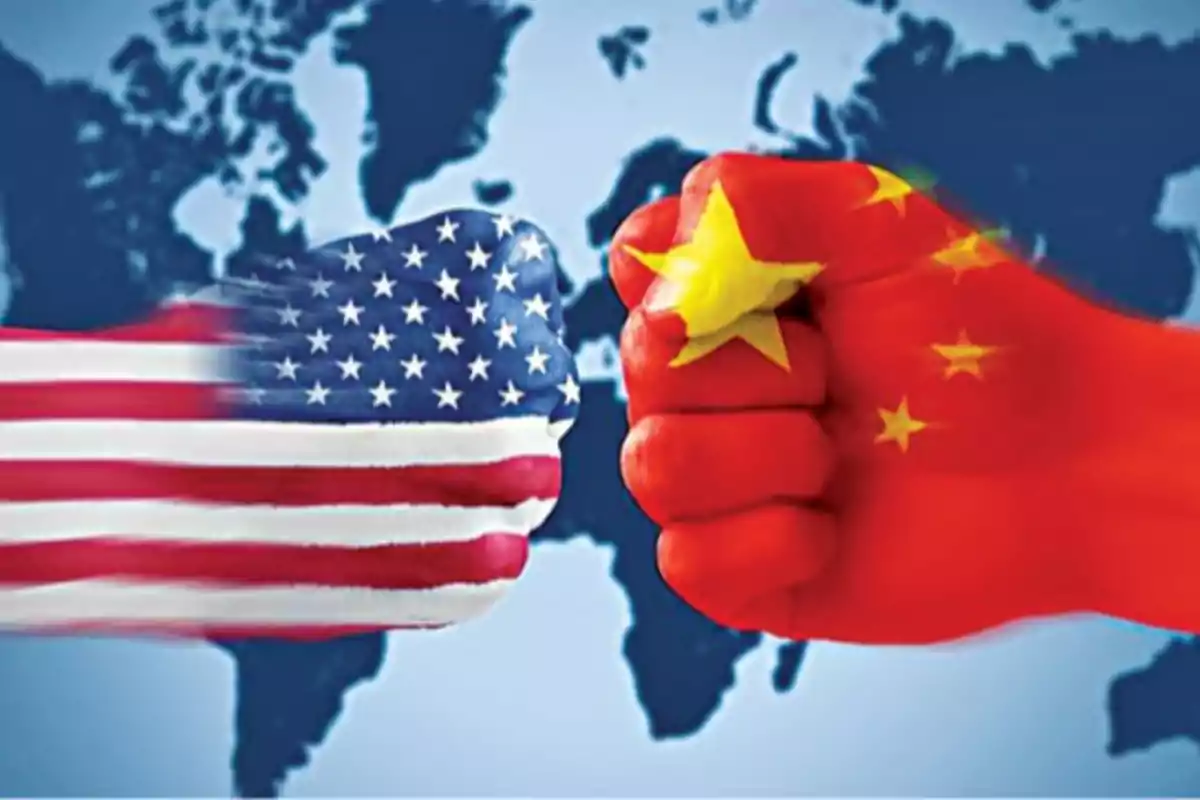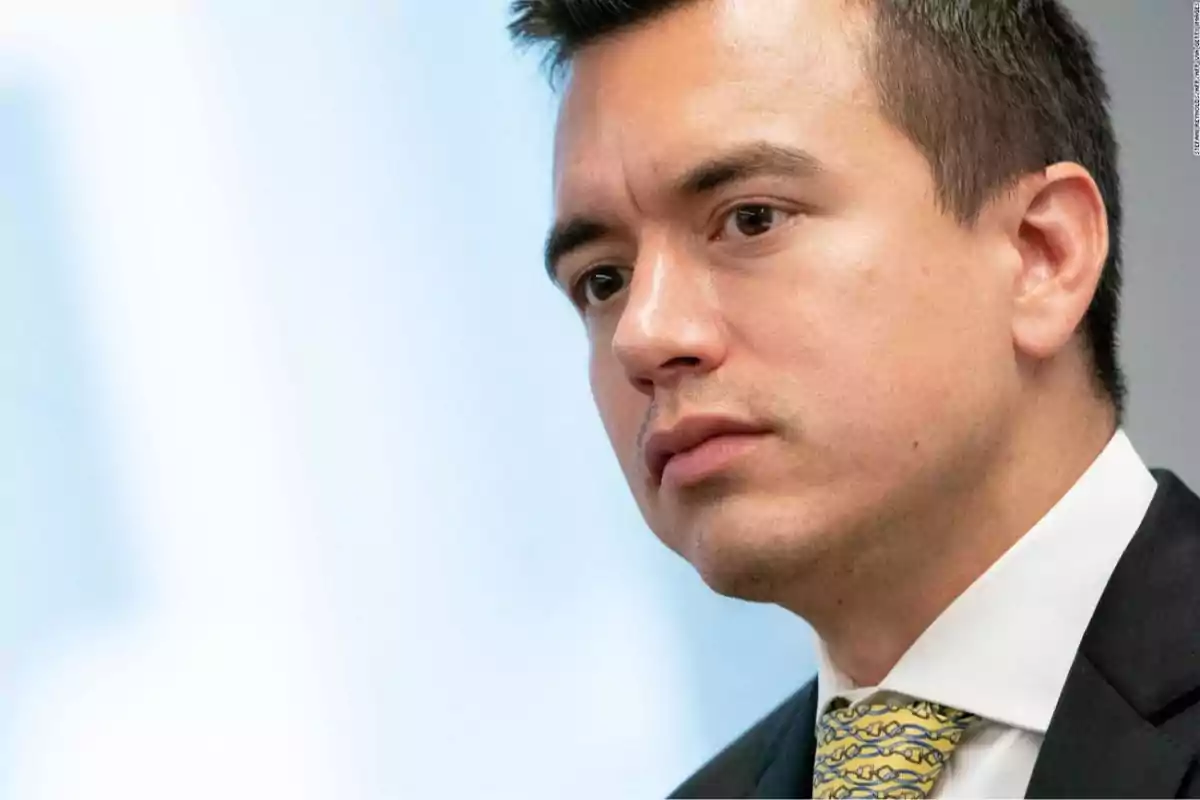
Why Ecuador's international course will be decided at the polls
Daniel Noboa seeks to get closer to the U.S. and multilateral organizations; Luisa González turns toward Russia and China
Daniel Noboa and Luisa González propose radically different visions in international politics. Meanwhile, Noboa proposes strengthening ties with the United States and multilateral organizations, González bets on resuming alliances with China, Russia, and authoritarian governments in the region.
Noboa has defended democratic principles and respect for the international order. He has maintained relationships with entities that have provided financial support to the country, in contrast to González, who vindicates the Correa decade and her rejection of those organizations.
The candidate of the Citizen Revolution supports regimes like those of Maduro, Ortega, and Díaz-Canel. Additionally, she proposes reviving failed regional mechanisms like Unasur, the Bank of the South, and the Sucre, which could distance Ecuador from its main trading partners.

Noboa, on the other hand, promotes free trade agreements with countries like Canada and South Korea. His approach seeks to strategically insert the country into the global market, while González opposes these agreements for including international arbitration clauses.
In the 2025 elections, Ecuador will decide between a foreign policy based on openness and democracy, represented by Daniel Noboa, or one aligned with authoritarian and discredited models, as proposed by Luisa González.
More posts: